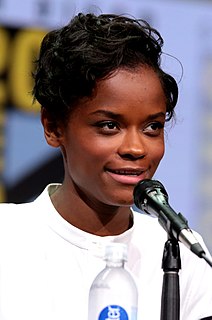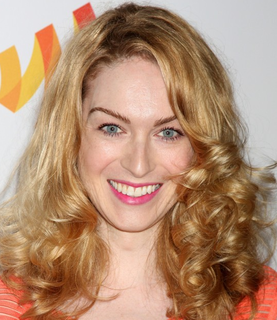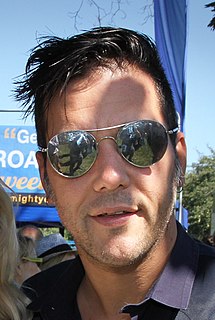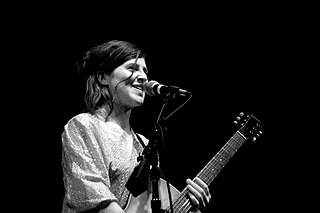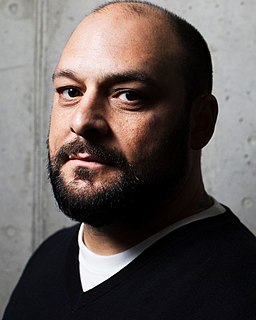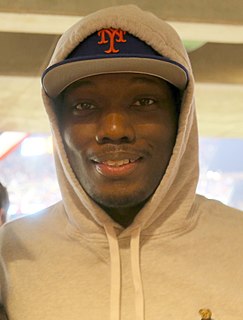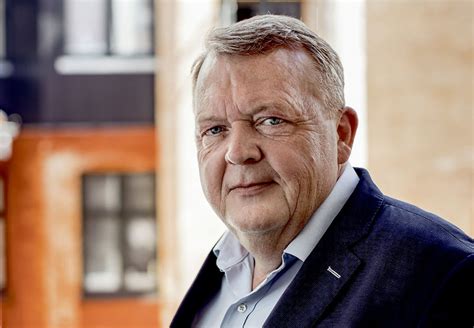A Quote by Tobias Lutke
Different people need different kinds of communication for it to have the same effect. That was something I had to learn.
Related Quotes
I think what people need to realize is that, with trans people, we're like everybody else. No group of people are all the same. All women are not the same, all men are not the same, all children are not the same. It's the same thing with trans people - we're all so different, we have different goals, different dreams, and different aspirations.
I definitely enjoy working within different contexts, with different collaborators, and in different locations. I need to keep feeding myself as an artist by working with different people. I see continuing with that. I've also enjoyed getting to explore different kinds of music and instruments in the last couple of years.
We need to make sure that our children know different kinds of people, eat different kinds of food, and learn our true history. The way most schools teach history is wrong. If they talk about slavery it's typically just for a couple of days and the lessons almost never address the systems that have hindered people of color for more than 250 years. This has to change.
But once we realize that people have very different kinds of minds, different kinds of strengths -- some people are good in thinking spatially, some in thinking language, others are very logical, other people need to be hands on and explore actively and try things out -- then education, which treats everybody the same way, is actually the most unfair education.
If I'm doing a show on Sunday at 7 P.M., that wouldn't be the same show that I'd do at 11 P.M. on a Saturday - it's a different room at a different time of day with different sensibilities. That doesn't mean you have to compromise your art, but it is communication: you have to know how to talk to people.
I think people all over the institution recognize that different ways of understanding are valuable. Artists may think in a different way than biologists or chemists, but you can learn something from that. It is true that the arts at MIT don't have the same amount of funding or same status as the sciences or engineering.
Our communication space is very fragmented today. We have a million different tools for different things with lots of different kinds of overlaps. The most natural way to try and solve that problem is to take all those different tools and try to make them smaller and fit into a single package and maybe integrate them across the boundaries.

